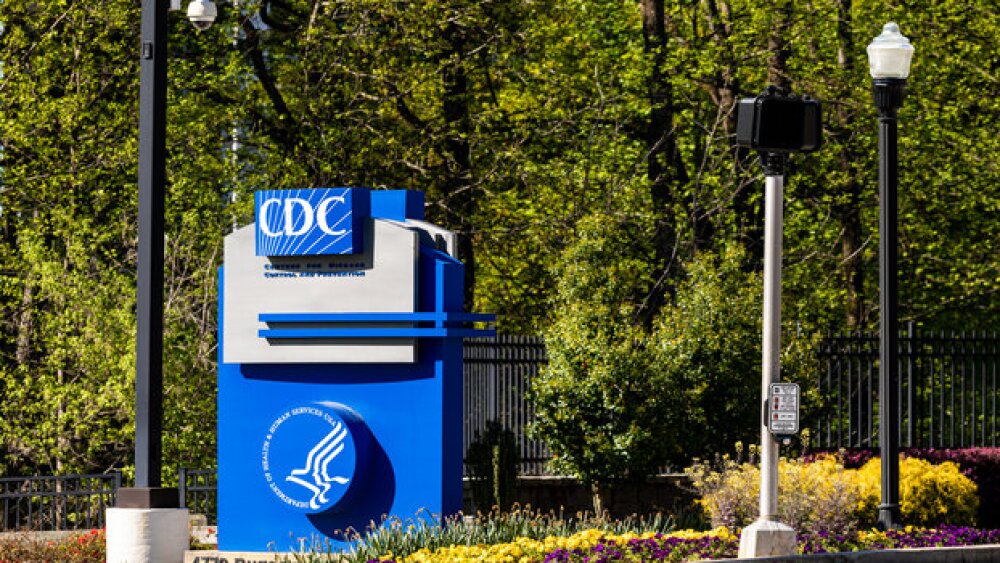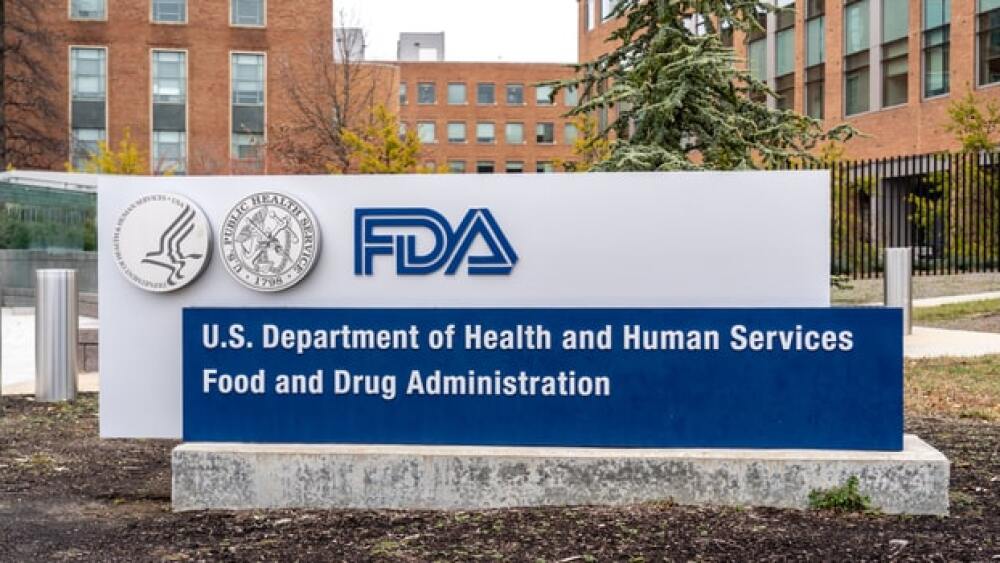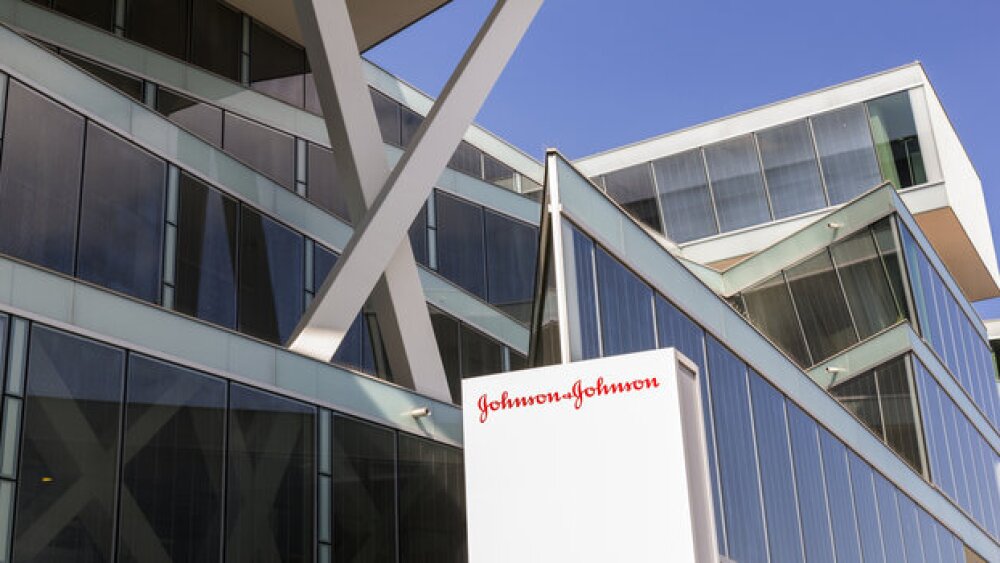Following the FDA’s approval last month, a Centers for Disease Control and Prevention panel has recommended AstraZeneca’s and Sanofi’s Beyfortus for immunizing infants and high-risk young children.
Pictured: CDC sign at its headquarters in Atlanta, Georgia/iStock, csraphotography
A Centers for Disease Control and Prevention advisory panel on Thursday unanimously recommended using AstraZeneca and Sanofi’s respiratory syncytial virus antibody Beyfortus (nirsevimab) to immunize infants under eight months of age against the virus.
The CDC’s guidance also covers older babies through 19 months deemed to be at risk of severe respiratory syncytial virus (RSV) disease, including those who are severely immunocompromised. The CDC recommends to begin immunization this fall season.
“This new RSV immunization provides parents with a powerful tool to protect their children against the threat of RSV,” CDC Director Mandy Cohen said in a statement, adding that RSV continues to be a leading public health threat in the U.S., sending 58,000 to 80,000 children under five years of age to the hospital per year. Around 100 to 300 children younger than five years old die of RSV every year.
The new guidelines follow a previous vote by the CDC’s Advisory Committee on Immunization Practices (ACIP) to include Beyfortus in the U.S. Vaccines for Children program, a federal initiative that provides immunizations for free to children who otherwise could not afford to be immunized.
Beyfortus is a single-dose, long-acting monoclonal antibody that specifically targets and binds to the part of the RSV virus that it uses to infiltrate a host’s cells, thereby preventing infection at a cellular level. According to a presentation at the ACIP meeting Thursday, AstraZeneca and Sanofi have priced Beyfortus at $495 per shot and are providing the product for $395 to the Vaccines for Children program, though exact pricing has not yet been finalized.
Following the unanimous support of the FDA’s Antimicrobial Drugs Advisory Committee in June 2023, the regulator last month signed off on Beyfortus. AstraZeneca’s and Sanofi’s antibody is the first immunization option in the U.S. specifically designed to protect infants through their first RSV season, according to Sanofi’s news release at the time of the advisory committee vote.
Per the CDC’s new recommendations, a single dose of Beyfortus should be administered to infants younger than eight months born during or entering their first RSV season. For high-risk young children between eight and 19 months, the CDC recommends Beyfortus immunization in their second RSV season.
For $127 million upfront and the promise of $523 million in milestones, Sanofi agreed to AstraZeneca’s development of Beyfortus in March 2017. Through its then-R&D arm MedImmune, AstraZeneca took responsibility for research activities until the first approval, while Sanofi would take charge of commercialization. Costs are split evenly between the two companies.
Tristan Manalac is an independent science writer based in Metro Manila, Philippines. He can be reached at tristan@tristanmanalac.com or tristan.manalac@biospace.com.






